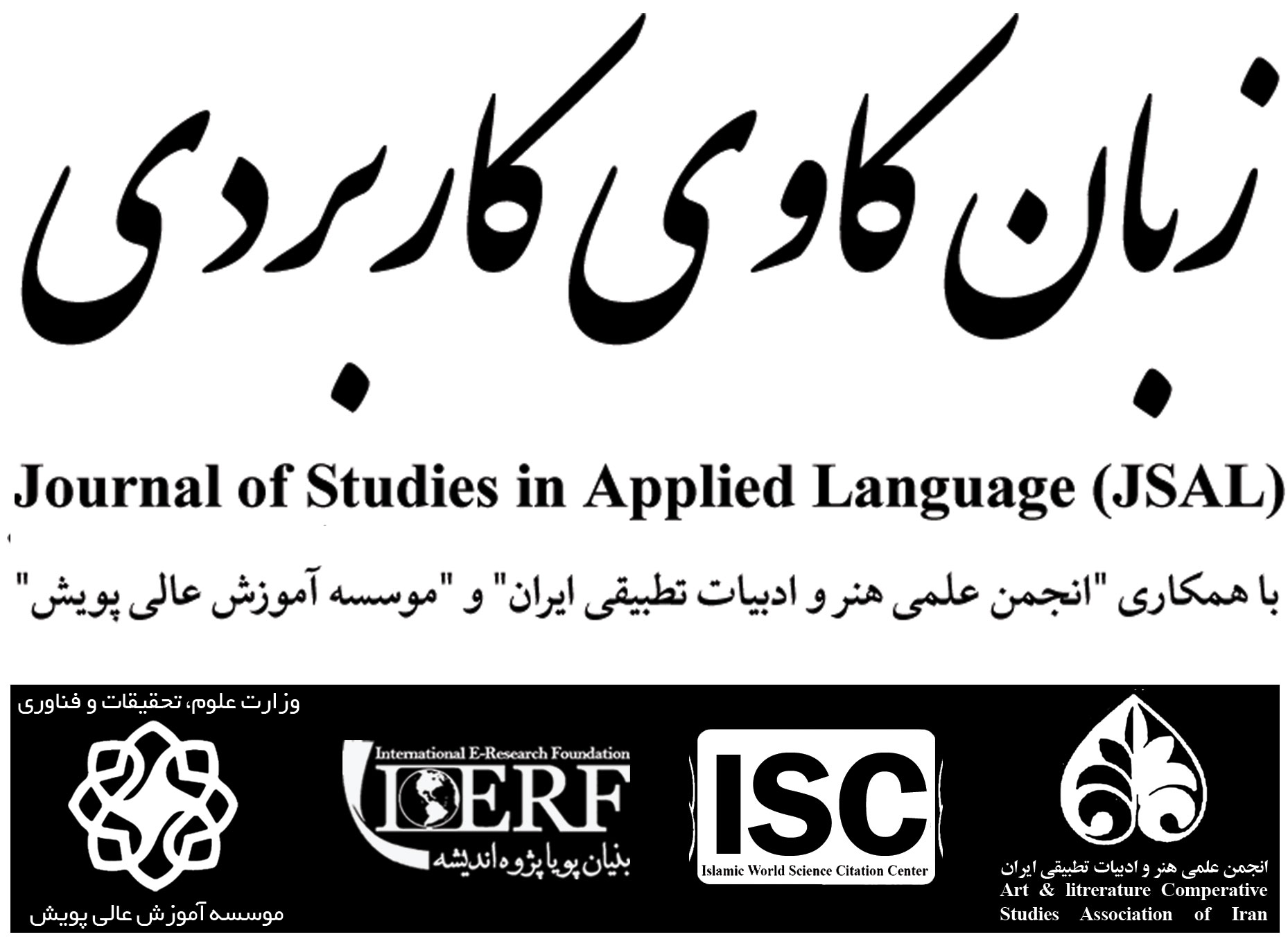<>
Volume 3, Issue 2 (Journal of Language Teaching, Literature & Linguistics (JLTLL) 2020)
JSAL 2020, 3(2): 27-46 |
Back to browse issues page
Download citation:
BibTeX | RIS | EndNote | Medlars | ProCite | Reference Manager | RefWorks
Send citation to:



BibTeX | RIS | EndNote | Medlars | ProCite | Reference Manager | RefWorks
Send citation to:
(2020). Dramatic Entropy and self-ambiguity in the works of Samuel Beckett based on thef chaos theory. JSAL. 3(2), 27-46.
URL: http://jsal.ierf.ir/article-1-61-en.html
URL: http://jsal.ierf.ir/article-1-61-en.html
Abstract: (2662 Views)
The issue of self and identity has become a major existential problem for modern man in the postmodern era. Many intellectuals have tried and followed different methods in a relentless search for their true selves in order to present a clear picture of themselves. In the process of clearing up his ambiguity or self-ambiguity, Samuel Beckett, the leading playwright of the Absurd Theater, has tried to solve this problem by breaking all the previous rules of the play and creating entropy. In communication entropy, man interacts with the text on a personal level, so that in this semantic confusion he can reach a fixed definition of the philosophy of human existence and based on them to his true nature. The idea of entropy first appeared in the philosophy of Socrates. These ideas gradually found their way into the dramatic works of Greek playwrights, in their tragedy was redefined as a kind of atropy or the second law of thermodynamics. The concept of time and its relation to entropy changed dramatically with the achievements of Newton, Kepler, René Descartes, and many other intellectuals. Such concepts are also found in Beckett's article on Proust. What Beckett is looking for is to find a complete picture of man himself, and he shows this through the techniques he has used in important works of waiting and finishing, and by creating entropy the way to reach the real self. Has made it easier. In this study, the techniques used by Samuel Beckett in his important works Waiting for Godot and The Endgame have been shown to rely on the theory of chaos in an attempt to provide a solution to his ambiguity and identity by creating the ultimate communication entropy in which man is left alone to find an answer to his own existential problems, is explained. Through content analysis and relying on the chaos theory, research and Beckett's attempt to create the ultimate entropy in the structure and language of the play that is possible through open system theater, it has been shown how he paved the way for man to solve the problems of his existence. So that postmodern man can pass through the onslaught of disorder and entropy to reach his identity and stability from his anonymity and ambiguity, which is the art of Beckett and his postmodern theater.
Subject:
Discourse Analysis
Received: 2023/05/21 | Accepted: 2020/08/31 | Published: 2020/08/31
Received: 2023/05/21 | Accepted: 2020/08/31 | Published: 2020/08/31
| Rights and permissions | |
 |
This work is licensed under a Creative Commons Attribution-NonCommercial 4.0 International License. |





